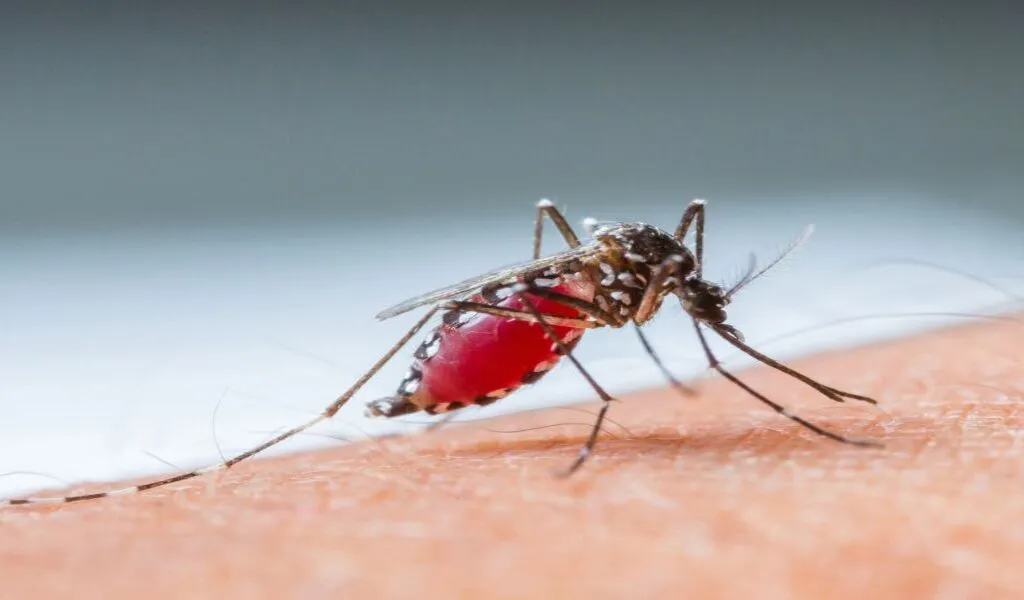(CTN News) – For years, researchers dedicated to finding a cure for malaria believed they had discovered a particular blood type that protected against the disease.
However, a recent study published in Cell Host & Microbe challenges this notion by revealing that even individuals with this protective blood type can still become infected.
According to Peter Zimmerman, a study’s senior author and pathology professor at Case Western Reserve University School of Medicine, there are two possible explanations.
Firstly, it is possible that the specific gene mutation associated with this blood type does not completely prevent malaria. Alternatively, the malaria parasite may have found an alternative pathway to invade the blood cells.
This discovery holds significant implications as it could alter the strategies employed to combat this particular type of malaria parasite.
Christopher King, a co-investigator of the study and pathology professor, highlights the significance of this finding by noting that the parasite, known as Plasmodium vivax or P.
vivax was once prevalent in Northeast Ohio. Furthermore, this summer marked the first time in 20 years that it was transmitted within the United States, specifically in Florida and Texas.
King stated that the US faces malaria re-introduction due to climate changes, immigration, and travel from malaria-endemic areas. Collaborators include researchers from France (Célia Dechavanne and Benoit Gamain) and Madagascar (Arsène Ratsimbasoa).
Malaria researchers have studied African resistance to P. vivax infection for over a century. The parasite is prevalent in Africa and Southeast Asia, where over 2.5 billion people live.
Malaria is a major global health disease, along with tuberculosis and HIV/AIDS.
The team focuses on studying the “silent Duffy blood group,” common in people of African descent. Duffy-negative individuals have a DNA mutation (GATA-1) that prevents the expression of the associated protein on red blood cells.
To investigate the Duffy-silent blood type, researchers conducted experiments using lab-grown blood cells and cells from bone marrow.
Zimmerman found that even without the GATA-1 DNA code, individuals can still have the Duffy protein in their red blood cells. This suggests that the bone marrow is crucial in allowing the malaria parasite to infect red cells with the Duffy protein, causing illness.
People with the Duffy-silent blood type can still get malaria, but it may not be easily detected through regular blood tests. The study showed that P. vivax can invade the red blood cells of people with the Duffy-silent trait and produce a transmissible form of the parasite.
Zimmerman emphasized the need for further research to understand how parasites cause infection and illness, especially in individuals without significant signs in their blood.
A closer examination of the blood is necessary to understand the prevalence and severity of this type of malaria in people with the Duffy-silent trait.
SEE ALSO:
Lung Cancer May Develop As a Result Of Ongoing Pollution Exposure.






